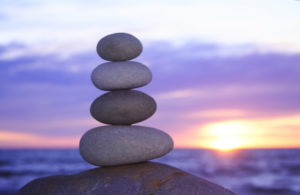The greatest love of all
Is happening to me
I found the greatest love of all
Inside of me
The greatest love of all
Is easy to achieve
Learning to love yourself
It is the greatest love of all
 The song, The Greatest Love of All, has a lot of meaning for me. I resonate with its lyrics on a deep level. And I love to sing. Singing is one way I express myself. I have fond memories of belting out the words of this song, with great feeling, with a close friend. It was a very empowering experience.
The song, The Greatest Love of All, has a lot of meaning for me. I resonate with its lyrics on a deep level. And I love to sing. Singing is one way I express myself. I have fond memories of belting out the words of this song, with great feeling, with a close friend. It was a very empowering experience.
Singing can also be a form of meditation for me. I choose a song that speaks to me and sing it mindfully, several times in a row, while reflecting on its meaning and how it impacts me and my life. On several occasions, I have meditated on this particular song. One thing that I have reflected about is that learning to love myself was not “easy to achieve.” It was a journey that involved many years of therapy and other growth work. But once I reached that destination, I discovered how powerful self-love can be.
I’m not saying that I am perfect at it. I still have occasional doubts. During the Real Happiness Meditation Challenge this month, I discovered that these moments of doubt are more easily overcome with regular meditation practice. I came to appreciate that mindfulness of emotions, letting go of emotions and thoughts, lovingkindness meditation, and shifting the balance to more frequent mindful noting of the positive, were a powerful combination of practices that have already helped me to strengthen my self-awareness, self-compassion, self-acceptance, self-regulation, and self-love.
It has been two months since I began to develop my daily meditation habit. Now, even when I falter for a day or two, I easily get back on track. It no longer feels like an effort to meditate daily. It feels like a part of me.
